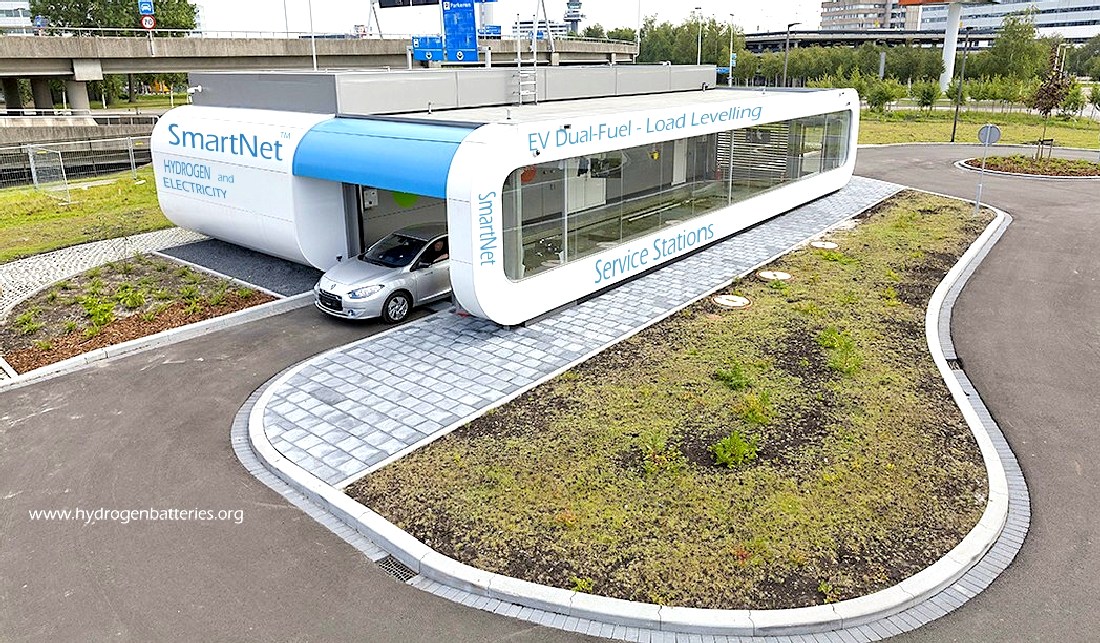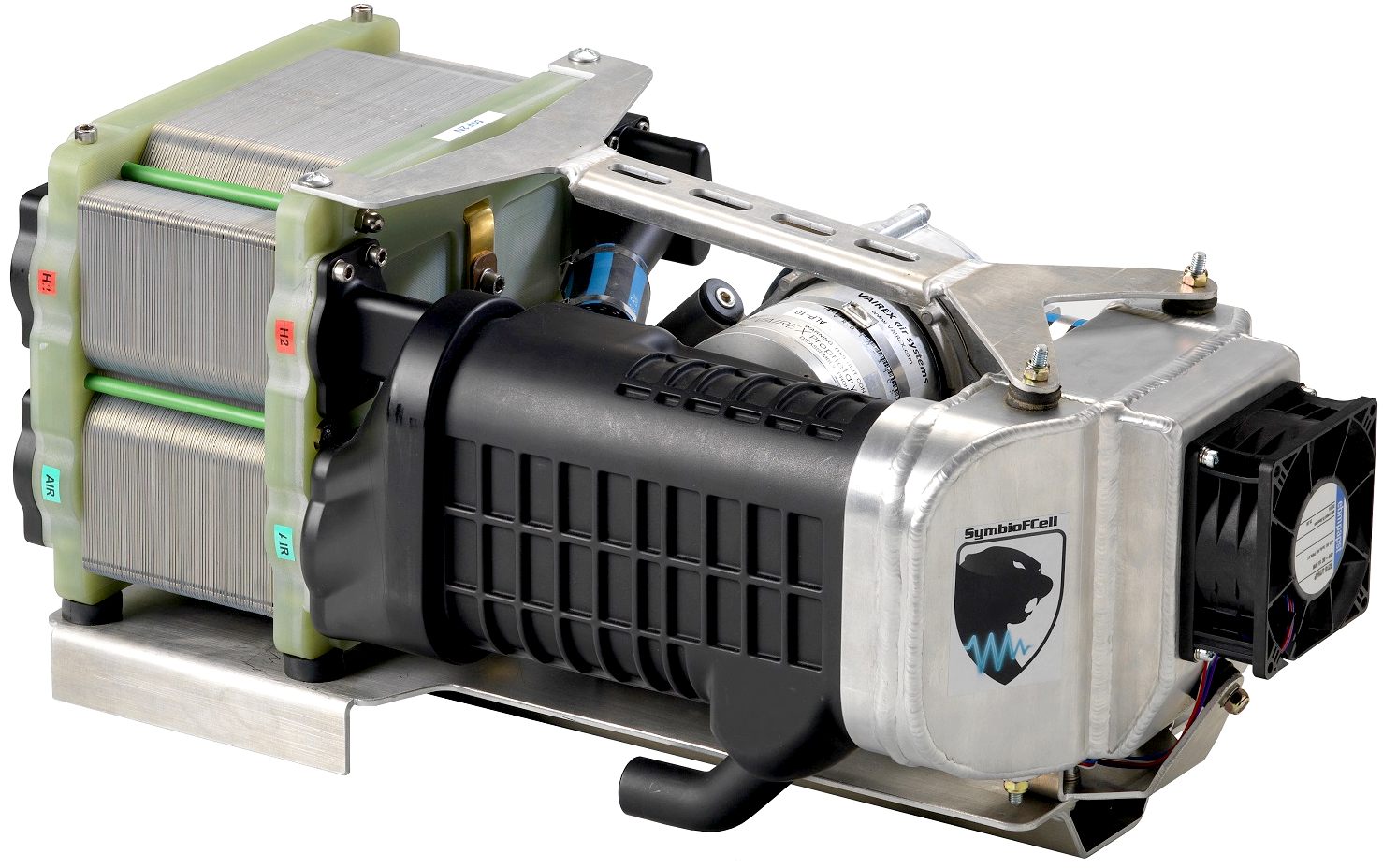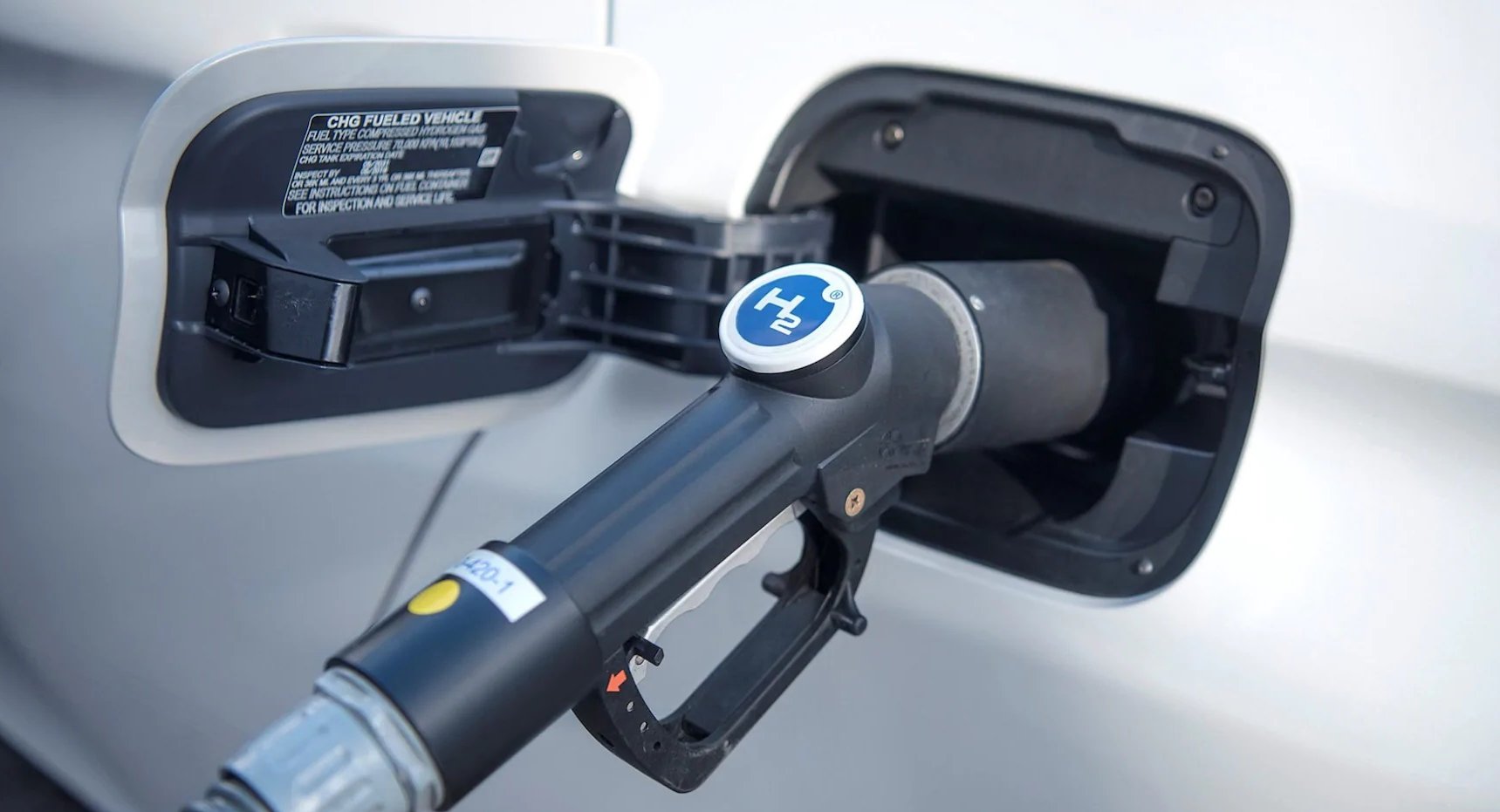|

Imagine
a means to store electricity as green hydrogen for the load levelling of
national grids, while also supplying energy for commercial vans and heavy
duty trucks. Fuel cells provide a way to convert hydrogen gas into
electricity, but on their own they do not represent a solution. The way
forward is with hydrogen batteries, as the beating heart of the Smartnet™
dual-fuel infrastructure.
Several
of the calls in the pipeline (some in draft form), that appear to be looking
- at least in part - for a SmartNet™
versatile solution is seen below.
HORIZON-CL5-2021-D6-01-08: New delivery methods and business/operating models to green the last mile and optimise road transport
The large scale introduction and application of cargo bikes, in urban and peri-urban areas has shown to be a game changer for cities: the image of cycling improves; general levels of cycling increase (both for freight and passengers); urban space is used more efficiently; air quality, noise and safety levels as well as quality of life improve. However, this innovative solution is present in only a few cities and at best in the starting phase in other European cities. Its full potential has not been achieved in any European city.
Projects should address both methodological and vehicles aspects to help optimising last mile deliveries, where the benefits and how it can be replicated across several cities.
Demonstration of cleaner modes for last mile transport vehicles such as, electric cycles (2/3/4 wheels), bikes and cargo bikes in combination with the testing of innovative tools such as dynamic e-routing, load policies, multi/single-brand parcel lockers and boxes, micro consolidation centres and zero emission freight in the urban context to measure their effects on optimisation (reducing empty miles), efficiency, and congestion reduction should be considered. Results could also contribute to better delivery technologies transforming the last mile such as camera-based object tracking, precise location brought by enhanced EU satellite navigation (GNSS) services, application of AI technologies and
CCAM solutions to delivery services and advanced analysis based on driver apps. It is recommended the establishment of energy savings objectives (e.g. electricity) regarding micro-consolidation centres in relation to other traditional strategies.
Actions should focus on piloting cooperation with private logistics operators, local businesses and establish new models for addressing governance and management of logistics operations in urban and peri-urban areas. Projects should achieve cost-efficient and scale up potential and deployment of innovative and sustainable urban people and goods mobility solutions enabled by better governance and regulations, including procurement or white-label schemes as an efficient tool for achieving these goals.
A thorough evaluation, using if appropriate the common ‘CIVITAS Process and Impact Evaluation Framework’ or the Sustainable Urban Mobility Indicators167 with a clear baseline in each city, should provide qualitative and quantitative information on the results of the local solutions implemented. The effectiveness of the proposed measures in achieving local policy objectives should be evaluated and the possible barriers to their broad take up and deployment identified, together with recommendations on how to overcome them. This should be accompanied by mechanisms for common lesson drawing and learning, within the project, between the projects funded under this topic and through the CIVITAS Initiative.
Proposals may include preparatory, take up and replication actions, research activities, as well as tools to support local planning and policy making.
A demonstrated contribution to the implementation of the cities’ Sustainable Urban Mobility Plans and Sustainable Urban Logistics Plans, without forgetting higher scales planning scope, is expected.
Funding for major infrastructure works is not covered by this action. Proposals should plan for an active collaboration within the CIVITAS initiative. They should demonstrate that the proposed approaches are truly innovative and build on the results from previous research and demonstration actions in this area.
Social innovations should be considered, notably as new tools, ideas and methods leading to active citizen engagement and as drivers of social change, social ownership, and new social practices.
This topic requires the effective contribution of SSH disciplines and the involvement of SSH experts, institutions as well as the inclusion of relevant SSH expertise, in order to produce meaningful and significant effects enhancing the societal impact of the related research activities. 
• HORIZON-CL5-2021-D2-01-08: Emerging technologies for a climate neutral Europe •
HORIZON-CL5-2021-D3-01-05: Energy Sector Integration: Integrating and combining energy systems to a cost-optimised and flexible energy system of systems
• HORIZON-CL5-2021-D5-01-01: Nextgen
vehicles
• HORIZON-CL5-2021-D5-01-03: System approach to achieve optimised Smart EV Charging and V2G flexibility in mass-deployment conditions (2ZERO)
•
HORIZON-CL5-2021-D6-01-06: Framework for better coordination of large-scale demonstration pilots in Europe and EU-wide knowledge base
(CCAM Partnership) • HORIZON-CL5-2021-D6-01-08: New delivery methods and business/operating models to green the last mile and optimise road transport • HORIZON-CL5-2022-D2-01-05: Next generation technologies for High-performance and
safe-by-design battery systems for transport and mobile applications (Batteries
Partnership) • HORIZON-CL5-2022-D2-01-08: Coordination of large-scale initiative on future battery
technologies (Batteries Partnership) • HORIZON-CL5-2022-D2-01-11: CIVITAS 2030 – Coordination and support for EU
funded urban mobility innovation If anyone wants to form a
consortium for an application (as lead perhaps) we'd be more than pleased
to contribute the IP
and flatpack
designs, on confirmation of funding grant. We'd need a gas production
concern and a utility. If commercial EV OEM car, van or truck makers joined, that would make a
very solid consortium, though not essential, as the proposed Smartnet™
system is dual fuel, as well as load levelling - an international hydrogen
and electricity supply network.

LINKS
& REFERENCE https://www.enlit-europe.com/news-grids/measuring-the-performance-of-europes-smart-grids
Please
use our A-Z
INDEX to navigate this site
Copyright © Climate Change Trust
& Universal Smart Batteries 2021. Solar
Studios, BN271RF, United Kingdom.
| 

